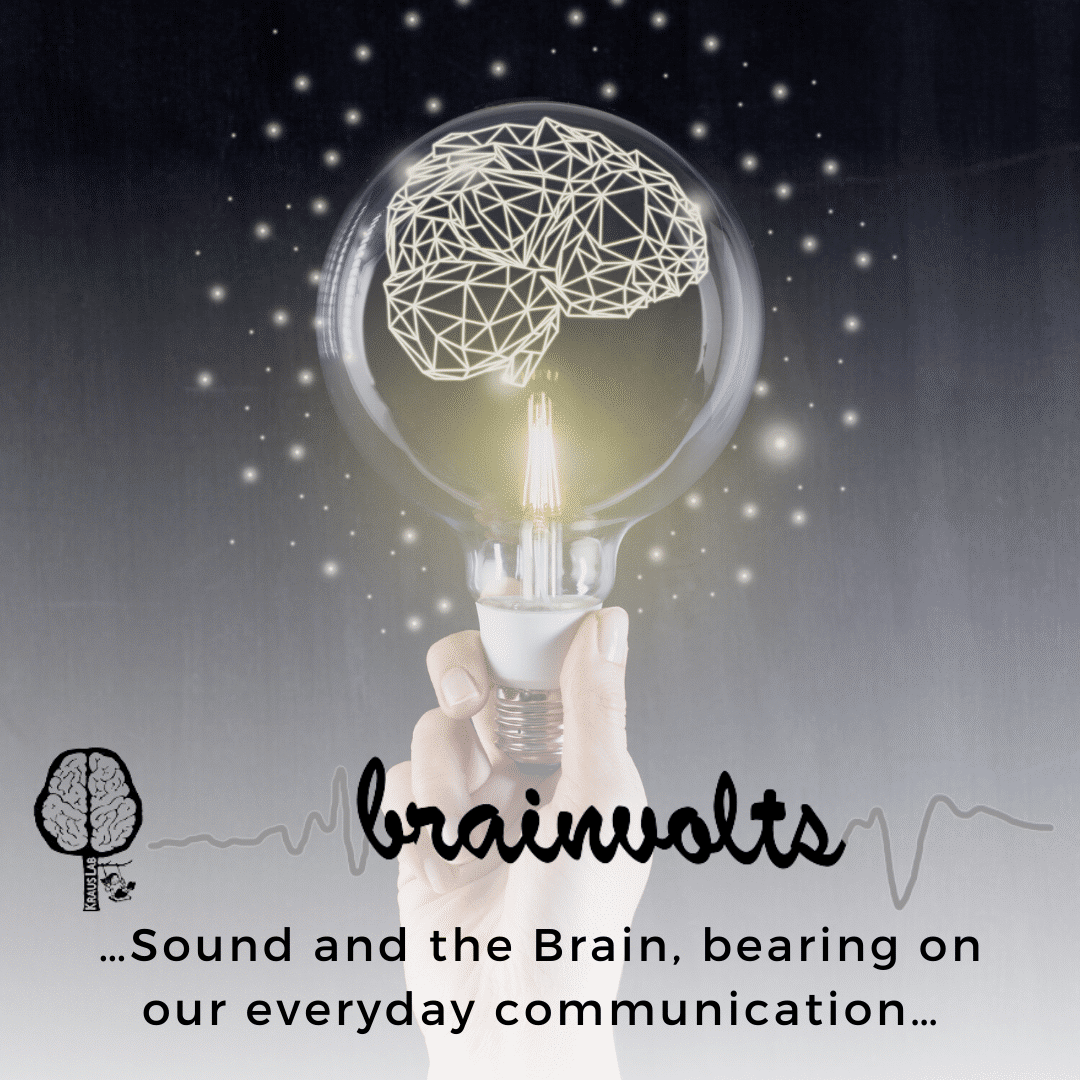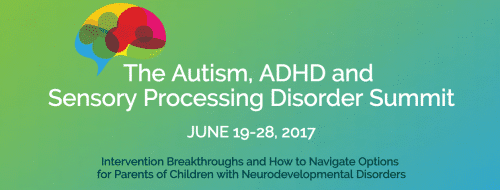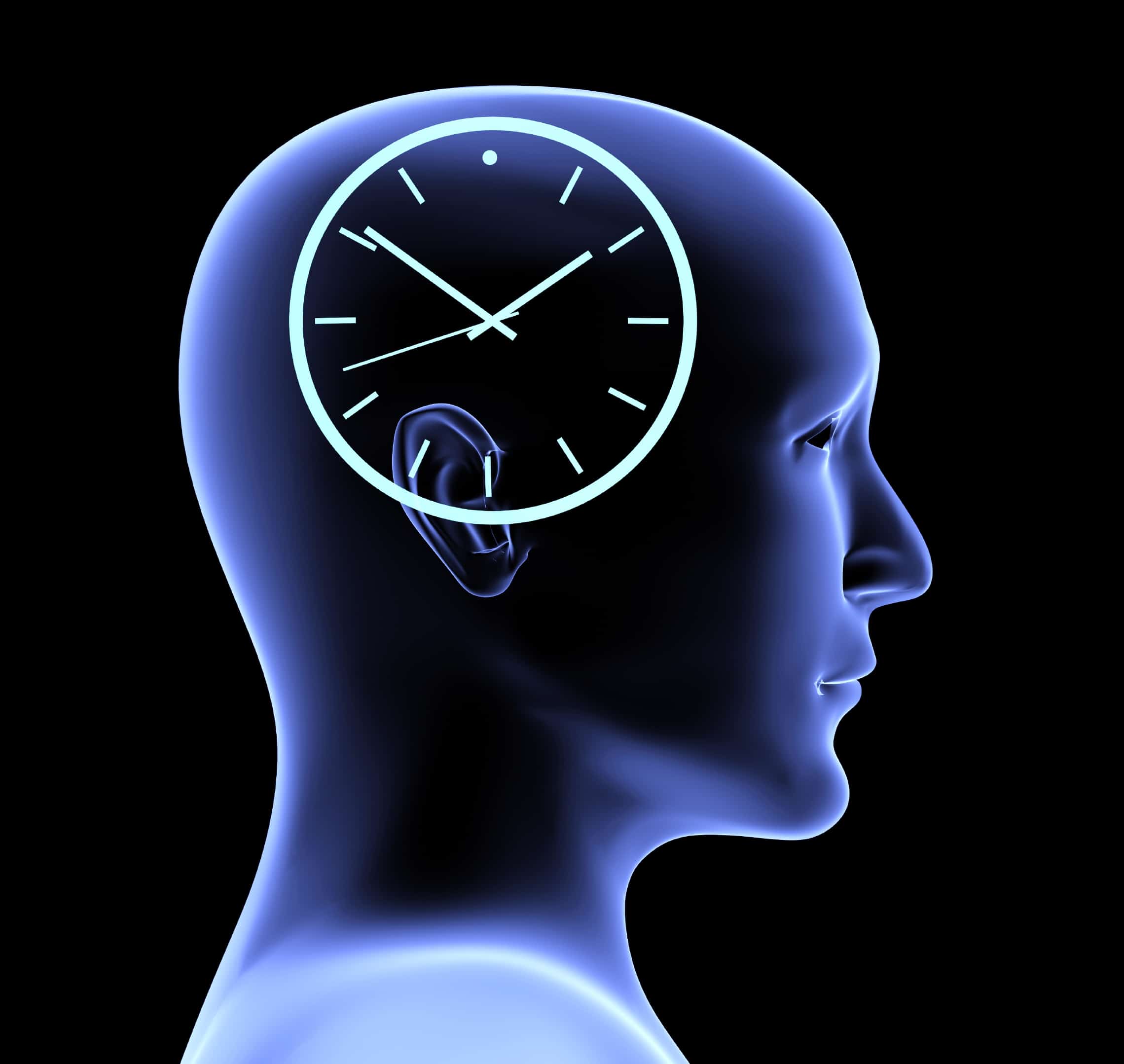Special Report: The Interactive Metronome (IM) and ADHD
National Time Management Month is celebrated during February each year. February is the perfect month to focus on time management skills with your clients. Time management is not as complex or difficult as it seems. When children learn time management early in life, they tend to do so for the rest of their lives. Time management in students helps them achieve their academic and recreational goals. It also teaches them to be independent and productive.
Children diagnosed with Attention-deficit/hyperactivity disorder (ADHD) often have difficulty staying on task and staying organized, all of which can make time management challenging. This is because of the way the brain tends to process things when a person is living with ADHD.






 Researchers at Korea University College of Medicine (Park et al, 2012) recently conducted a neural imaging study of elite speed skaters to investigate whether training of complex motor skills resulted in structural changes to the cerebellum. The cerebellum responds to intense, repetitive training with increased brain mass in areas critical for skilled motor movement, in this case for control of balance, precisely coordinated movement, and visually guided movement. The authors compared the cerebellums of professional speed skaters to individuals who did not engage in regular exercise. They found that the specific skills required for speed skating that were trained repetitively resulted in structural changes to the brain that enhanced balance and coordination. They also found that the particular side of the cerebellum that was exercised repeatedly was affected (i.e., the right side due to maintaining balance on the right foot during turns). Of note, the cerebellum is also a central part of the brain’s internal timing network. The timing and synchronization of neural signals ultimately controls balance and coordination…
Researchers at Korea University College of Medicine (Park et al, 2012) recently conducted a neural imaging study of elite speed skaters to investigate whether training of complex motor skills resulted in structural changes to the cerebellum. The cerebellum responds to intense, repetitive training with increased brain mass in areas critical for skilled motor movement, in this case for control of balance, precisely coordinated movement, and visually guided movement. The authors compared the cerebellums of professional speed skaters to individuals who did not engage in regular exercise. They found that the specific skills required for speed skating that were trained repetitively resulted in structural changes to the brain that enhanced balance and coordination. They also found that the particular side of the cerebellum that was exercised repeatedly was affected (i.e., the right side due to maintaining balance on the right foot during turns). Of note, the cerebellum is also a central part of the brain’s internal timing network. The timing and synchronization of neural signals ultimately controls balance and coordination…